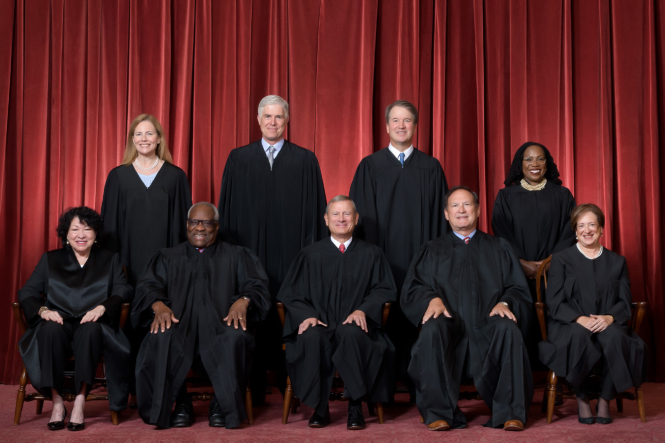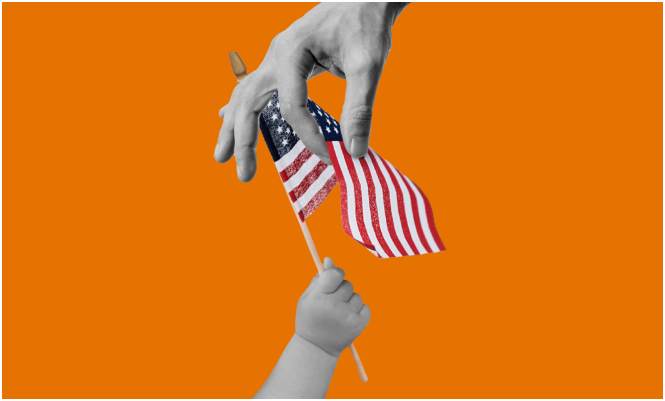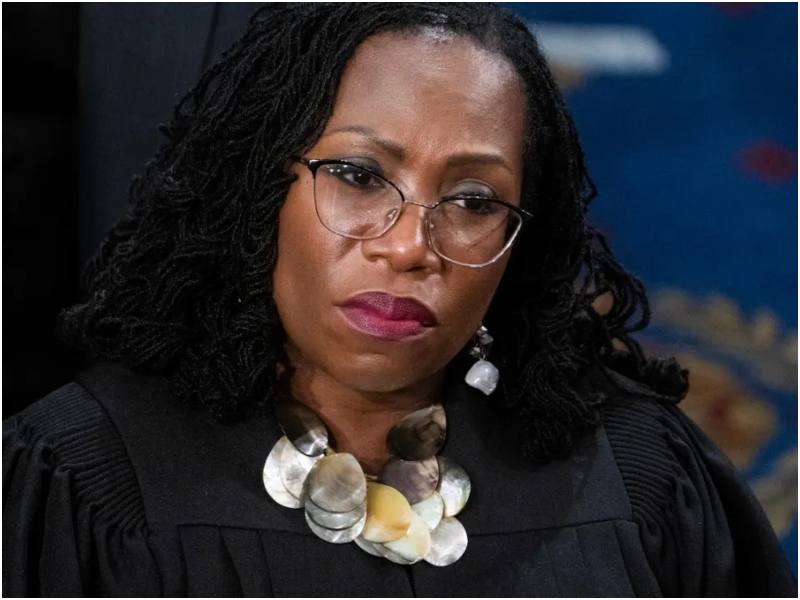In a sharp dissent, Justice Ketanji Brown Jackson warns that a recent U.S. Supreme Court decision may place the president above the law, opening the door to unchecked executive power and threatening the constitutional rights of millions—particularly children of immigrants.
In a ruling that may have long-lasting implications for the separation of powers and individual rights, the U.S. Supreme Court’s conservative majority recently decided that lower federal courts lack the authority to issue nationwide injunctions against presidential executive orders—no matter how unconstitutional they may be.
The 6-3 decision came after the Trump administration issued an executive order in January 2025 seeking to deny birthright citizenship to children born on U.S. soil to undocumented immigrants or certain non-citizens—a clear challenge to the 14th Amendment of the U.S. Constitution.
Lower courts swiftly blocked the enforcement of the executive order, citing its obvious constitutional violations. But the Supreme Court sided with the administration—not on the merits of the policy, but on the authority of the lower courts themselves.
A Grim Dissent from Justice Jackson

In a forceful and deeply concerned dissent, Justice Ketanji Brown Jackson issued a stark warning about the decision’s implications for constitutional democracy.
“Disaster looms,” Jackson wrote. “There now exists a zone of lawlessness within which the Executive has the prerogative to take or leave the law as it wishes.”
Jackson explained that if courts cannot issue injunctions to protect individuals who have not personally filed lawsuits, entire groups of people could be left vulnerable to unconstitutional policies with no immediate recourse—especially in urgent matters where time and resources prevent widespread litigation.
This would include, for example, children born in the U.S. whose parents are undocumented.
Despite the clear language of the 14th Amendment guaranteeing birthright citizenship, these children could be denied legal recognition simply because their parents have not individually sued the government.
Legal Fallout and Rule of Law Concerns
By ruling that universal injunctions exceed lower courts’ powers, the Court’s conservative majority has redefined the judiciary’s ability to serve as a check on presidential overreach.
Critics argue that this shift creates an unaccountable executive branch—where the president can issue policies affecting millions without being restrained by judicial review, unless every affected individual or a certified class takes legal action.
Legal scholars and civil rights organizations have called the ruling a constitutional crisis in the making, warning that it undermines judicial enforcement of fundamental rights, including due process and equal protection.
What’s at Stake for Birthright Citizenship

Though the Court’s ruling did not directly decide the legality of denying birthright citizenship, it significantly limits who can challenge it in court.
As a result, the administration’s policy could continue to affect thousands until a case makes its way back to the Supreme Court—a process that can take years.
In the meantime, Justice Jackson fears that executive power will remain unchecked, creating legal chaos and deeply harming vulnerable communities.
The Bigger Picture: Rule of Law or Executive Rule?
The ruling underscores a broader trend in recent Supreme Court decisions that critics say expand presidential authority while limiting the reach of the courts, Congress, and the administrative state.
Justice Jackson’s dissent places the spotlight on an essential democratic question: If the courts cannot restrain the executive, who will?
As the Trump administration implements more controversial elements of Project 2025—a sweeping conservative policy blueprint—legal experts say the court’s decision could set the stage for future constitutional confrontations with little recourse for ordinary Americans.

